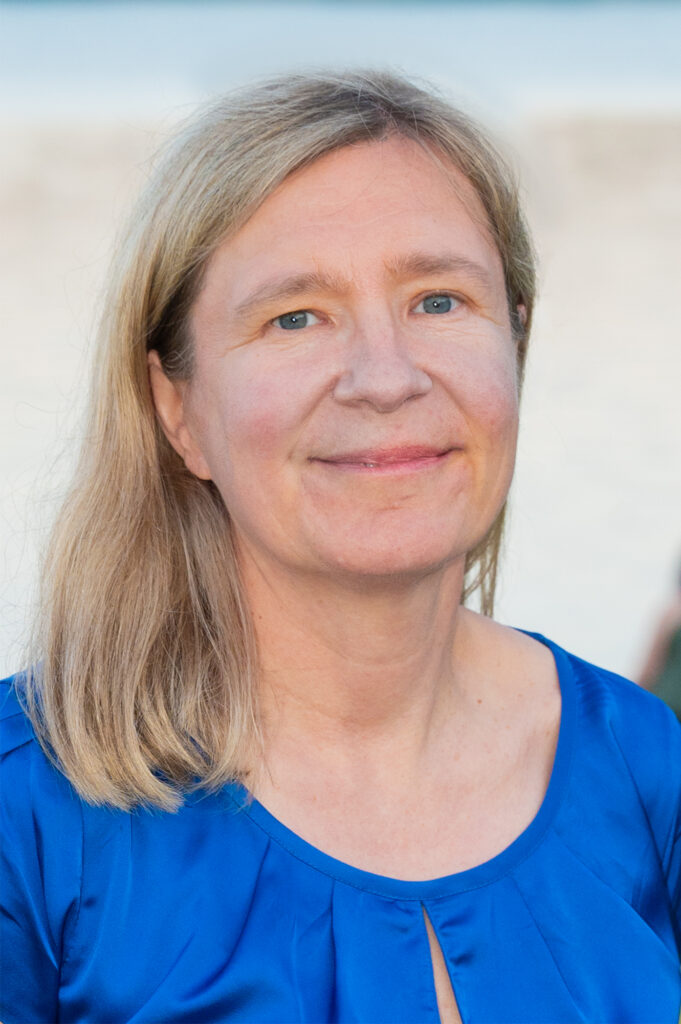Join Mia Spangenberg in Helsinki on 7 November 2025 for a talk about language sensitivity and what counts as acceptable today.
Fresh from translating Mika Waltari’s 1939 novella Sellaista ei tapahdu (This Kind of Thing Never Happens), Mia will explore how to handle historical texts that have ambivalent or discriminatory attitudes towards women and minorities.
⌘ Friday, 7 November 2025, 16.00–17.30 EET
⌘ Room Kielikeskus sh.106
⌘ University of Helsinki Language Centre
⌘ Fabianinkatu 26, 00100 Helsinki
⌘ what3words location ///recoup.doormat.bonkers
⌘ Please register here. Free for NEaT members.
We caught up with Mia for a sneak peak:
Finland’s famous author, Mika Waltari (1908–1979) is still widely read in Europe. One recent example is his 1939 novella Sellaista ei Tapahdu (This Kind of Thing Never Happens) which has recently been published to acclaim in France, Spain, Denmark, and Ukraine, and which I am now translating in the hopes of finding a publisher.
Written and set on the eve of the Second World War, the novella is deliciously dark and wrestles with the absurdity of existence. At the same time, however, it is very much of its time, and Waltari’s ambivalent and discriminatory attitudes towards women and minorities raise key questions in my own reading of the novella.
What does it mean to be faithful to views that are opposite of my own? Should I even be translating something by a dead, white, male, canonical author? Emily Wilson, the first published female translator of the Odyssey, says such ambivalence is indicative of ‘intimate alienation’, which calls on translators to make visible the morals and values of a particular time and place.
I be talking about ‘intimate alienation’ and my strategies as a female and feminist translator embedded in the publishing ecosystem – itself an exploitative enterprise that continues to silence translators and aims to render us obsolete. Participants will join me in analysing key passages, and together we will discuss how we can translate problematic historical works.

